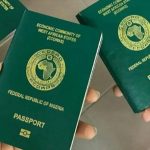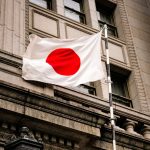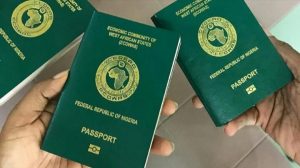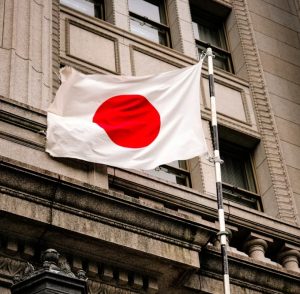Embassy shopping refers to the practice of applying for visas at multiple embassies or consulates, often in different countries, to increase the chances of approval.
OpporTechies gathered that applicants, for instance,Nigerians, may target embassies perceived as more lenient or apply repeatedly after rejections, hoping for better outcomes. While this strategy might seem logical, it can significantly reduce visa approval chances due to the scrutiny it attracts from consular officers.
It is worthy to note that embassies share information through interconnected databases, and multiple applications can raise red flags. Consular officers may view embassy shopping as a sign of desperation or intent to circumvent immigration rules, increasing the likelihood of denial. For instance, a Nigerian applicant, @alphaolive , tweeted in 2019 about being denied a U.S. visa twice, lamenting, “I was told I won’t come back when I only wanted to stay for two weeks.” Such repeated applications can signal to officers a lack of strong ties to the home country, a key criterion for visa approval.
Another Nigerian, Akufai Valentine Jonah, shared a 2013 experience on a U.S. Embassy post, stating, “I got a scholarship to attend a conference in Denver but was denied a visa… no tangible explanation.” His repeated attempts likely flagged his application, as consular officers noted weak ties despite his NGO employment.
The U.S. Embassy in Nigeria has emphasized that visa officers do not enjoy issuing denials but prioritize compliance. Frequent applications with inconsistent details or at different embassies can suggest fraud, as seen in cases where Nigerians paid exorbitant fees to “fix” visa dates, further complicating their cases. To improve visa chances, applicants should focus on strong, consistent documentation and apply through one embassy, demonstrating clear intent and ties to Nigeria.










More Stories
How Africa can improve the global ranking of its passports
Mixed reactions as Japan opens migration opportunities to Nigerians
Waking up in wonder: Saint Lucia’s story of culture, community, nature